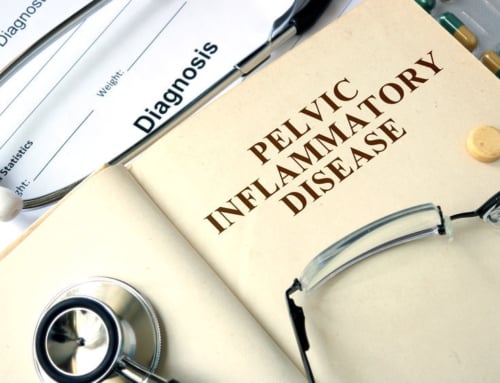What Is Progesterone And How Does It Help Pregnancy?
Progesterone is a hormone secreted by the ovaries. The main purpose of the hormone is to prepare the body for pregnancy by creating a uterine lining and nutrients to nourish a potential embryo. Progesterone aids in the production of the placenta, maternal birth tissue, and bolsters the pelvic walls to prepare the body for delivery. The body continues to harvest progesterone throughout the pregnancy. A temporary endocrine gland called corpus luteum, the adrenal glands, and the placenta produce progesterone before and during pregnancy.
Regulating progesterone naturally
The body knows how to regulate progesterone and, once the body realizes an egg that hasn’t been fertilized, progesterone levels decrease. High levels of the hormone are usually caused by congenital adrenal hyperplasia, a disease that makes the female body produce an excessive number of male hormones. Low levels of progesterone can lead to irregular periods and anovulation.
The importance of progesterone and estrogen
Progesterone and estrogen are two female sex hormones that play a prominent role in reproductive health. These hormones are secreted by the ovaries, the main female reproductive organs. During puberty, these hormones work together to encourage breast development and fat distribution among the hips, legs, and reproductive organs.
During the menstruation cycle, the hypothalamus sends messages to the pituitary gland to release follicle-stimulating hormones (FSH) and other hormones. Once these hormones are released, progesterone comes in and starts developing the uterine lining. While a woman is pregnant, progesterone stops other eggs from maturing. When a woman is close to giving birth, the pituitary glands send signals to the uterus and estrogen is released. The estrogen induces contractions.
Do hormone imbalances affect fertility?
Hormone imbalances do have an adverse effect on fertility. Hormones send signals to the body’s other organs to prepare for an embryo. With hormonal imbalances, the body stops sending the right messages to organs. For instance, the hormone imbalance that causes anovulation prevents the body from sending messages to release an egg. Too much or too little of these hormones can disturb the reproductive cycle.
A healthcare provider can help
Healthcare providers conduct testing to evaluate hormone levels and identify imbalances. Before trying to conceive, patients should visit a physician for help in preparing for conception.







